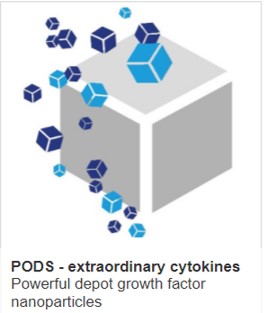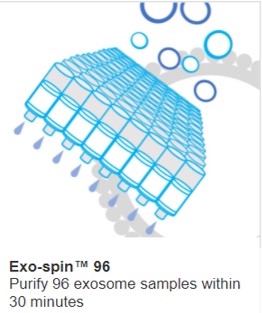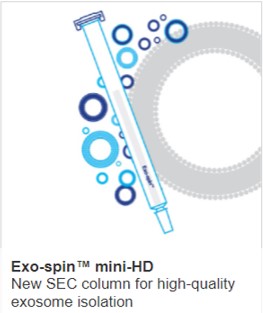Covid's natural born victims

Why do some people fall seriously ill and die with Covid whilst others are asymptomatic? A remarkable characteristic of Covid-19 is the way it affects individuals so differently: Around 40% of people infected with SARS-CoV-2 are asymptomatic. A further 40% experience mild, upper respiratory tract symptoms. The remaining 20% develop pneumonia, of which 10% will become hypoxic, leading to critical illness in around 3%. In addition to age, sex, and underlying health issues, the ability to deploy key immunomodulatory cytokines has emerged as an important risk factor for mortality.
In general, infectious agents affect people disproportionately. Some people who are able to mount robust immune responses to one disease are severely affected by other diseases. This can be caused by inborn errors of immunity (IEIs), genetic mutations affecting specific components of our immune defenses which allow certain infectious agents, in certain individuals, to run amok. Each person has a different Achilles heel.
The Covid Human Genetic Effort was launched to identify the genetic determinants that affect a person’s susceptibility to developing serious, life-threatening symptoms in Covid. An initial starting point for this search was provided by mutations that were already known to predispose to pneumonia arising from influenza. Variants of thirteen genes were identified that were linked by the fact that they encode proteins mediating the production of type I interferons.
Type I IFN are cytokines that are important for directing a response to viral infection, particularly the response from T cells. These cytokines are primarily produced by plasmacytoid dendritic cells (PDCs), rare peripheral blood monocytes which appear to be specialized for this protein production function. When PDCs carrying type I IFN associated genetic defects are challenged with SARS-CoV-2, they show deficient, but not completely absent, production of type I IFNs. Moreover, type I IFN associated IEIs have been identified in young patients who developed Covid-associated pneumonia.
As well as deficiencies of synthesis, type I IFN activity is down-regulated in some autoimmune diseases in which antibodies are generated against the type I IFNs, inhibiting their activity. This autoimmune response can occur, for example, in patients who have been treated with synthetic type I IFN (used to treat a range of diseases), and is apparent in individuals suffering from systemic lupus (an autoimmune disease).
A number of factors point to a causal role for anti Type I IFN antibodies in severe Covid. At least 10% of patients with severe symptoms have antibodies against type I IFN. Tracking these auto-antibodies as the disease progresses, levels are seen to increase. Moreover, the incidence of these auto-antibodies is higher in men (who are 1.5 x more likely to die from Covid) and increases with age. About 20% of deceased patients have these antibodies, and in the general population, auto-antibodies against Type I IFN are ten times more prevalent in the over-70s.
Mechanistically, type I IFNs have emerged as a key battleground of Covid. SARS-CoV-2 is known to target proteins involved in maintaining the response. SARS-CoV-2 fitness is improved by the ability to neutralize a Type I IFN-mediated immune response and human fitness requires robust maintenance of this response.
Overall, identified deficiencies in the type I IFN response are associated with about 20% of severe Covid cases. This is an unusually prevalent IEI (the next highest is tuberculosis with about 1% identified IEI correlation), but still leaves the bulk of severe Covid cases without a clear modulator of severity. Nevertheless, this knowledge may help identify some of the individuals at high risk and help develop better therapies.
Covid infects people through mucosal linings of the airways and lungs. Could boosting Type I IFNs at early stages of disease tip the balance in favor of the patient? There is some evidence that the initial numbers of viral particles infecting a person can impact the ultimate outcome of the disease. By impeding the progress of infection at an early stage, synthetic type I IFNs administered to mucosal linings through nebulizers may help prevent severe disease.
Boosting Type I IFN levels with synthetic IFN has therapeutic potential, but the main issue with synthetic cytokines is instability. PODS technology provides proteins in durable crystals that can be tuned to sustainably release the active protein over periods of days to months. At Cell Guidance Systems, we’re working with collaborators to explore the use of PODS to deliver long-lasting growth factors therapeutically.
IMAGE: A team of doctors, nurses and physiotherapists take care of critical patients at Covid-19 in the ICU of the Vila Nova Cachoeirinha hospital, north of São Paulo. Gustavo Basso.



